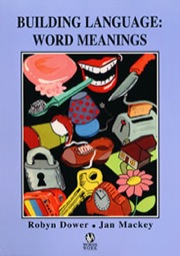
A language programme to build understanding and recall of words by strengthening semant...
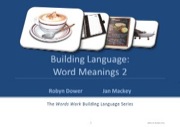
A language programme to build understanding and recall of words by strengthening semant...
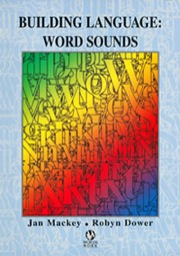
A language programme to build recognition and production of speech sounds and letters w...
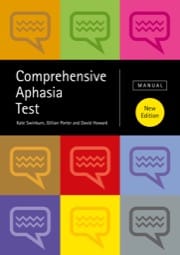
The CAT is a test for people who have acquired aphasia and can be completed over one or...
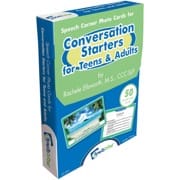
Use these photo cards with your teen and adult clients when you want to get them talking.

A superb card set that does not rely on packaging to identify a range of food items. Gr...
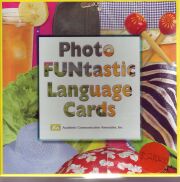
Here is a collection of 385 language picture cards designed specifically for use in lan...
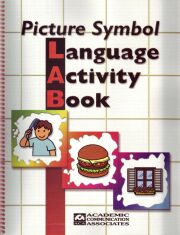
Individuals with severe communication disorders often use picture symbols to share info...
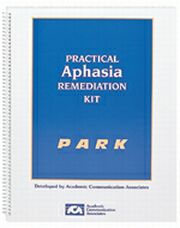
Here is a collection of practical, easy-to-use materials, designed specifically for lan...
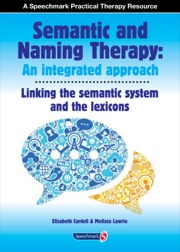
This book provides clinicians with evidence-based therapy tasks to enhance naming and w...

This practical book offers a flexible set of activities and worksheets to support speec...
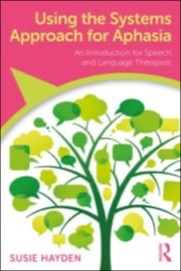
Deliver therapy in a way that better serves those who live with aphasia & their familie...